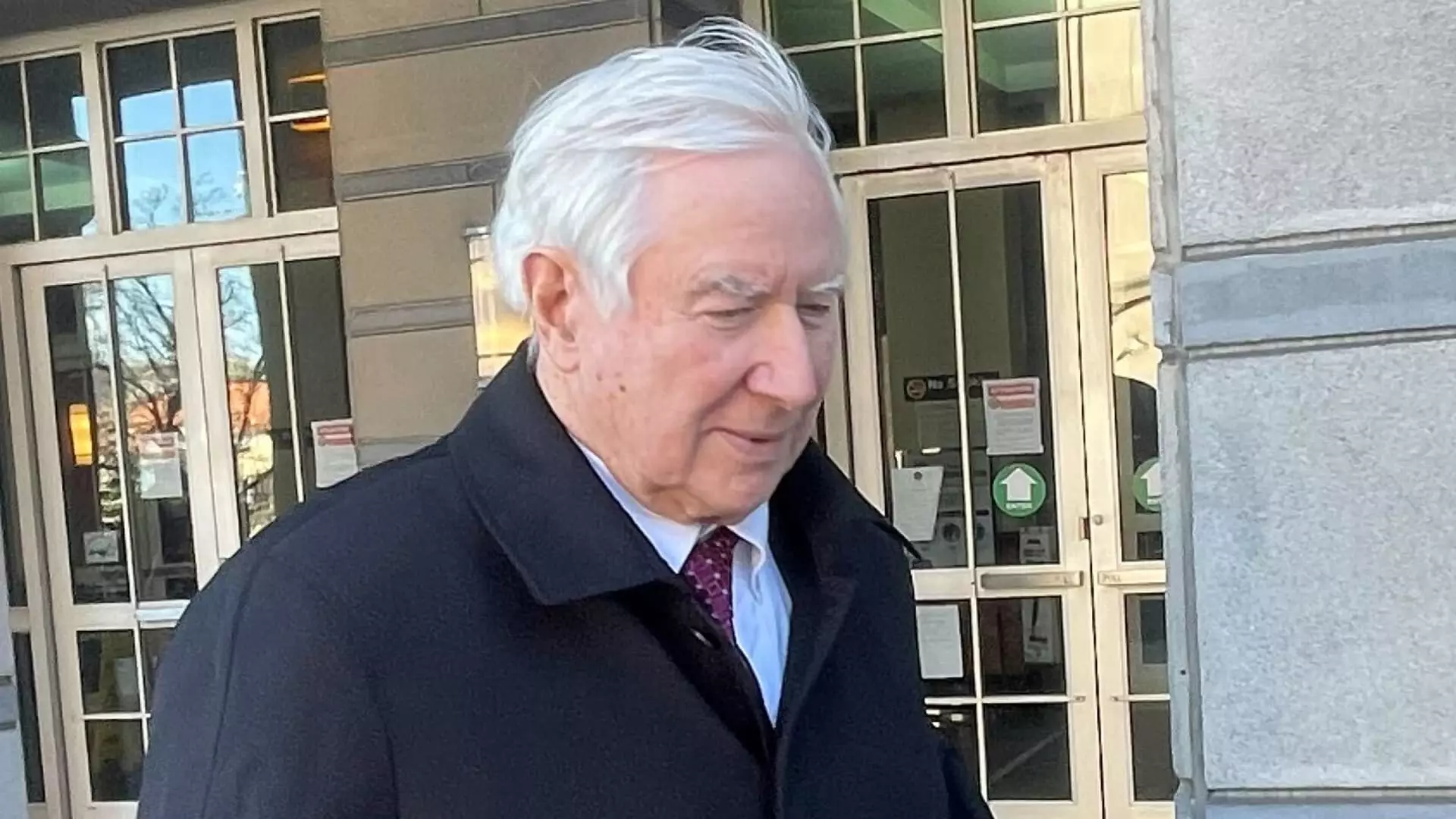In a striking episode that highlights the murky underbelly of stock market manipulation, a father-son pair, Peter Coker Sr. and Peter Coker Jr., have pled guilty to orchestrating a sophisticated scheme linked to a New Jersey deli with a publicly traded parent company that boasted a staggering market cap of $100 million. This enterprise, dubbed Hometown International, was anything but typical, representing a disturbing intersection of trivial business assets and inflated market evaluations. The Cokers, along with an associate named James Patten, managed to create an illusion of demand for their stocks, leading to extraordinary price surges.
The fraud spanned nearly a decade, from 2014 to 2022, and was characterized by coordinated trading activities that artificially inflated the stock prices of Hometown International and another entity known as E-Waste. The statistics are staggering: Hometown’s stock price soared by over 900%, while E-Waste’s valuation skyrocketed nearly 20,000%. Such inflation isn’t simply a momentary spike; it reflects a well-planned strategy to mislead investors and create a false narrative about the viability and profitability of these companies.
Such manipulative tactics are often executed through a process referred to as “pump and dump,” wherein traders inflate the price of an asset under false pretenses, subsequently selling their holdings at a profit, leaving unsuspecting investors holding devalued stocks. This operation has significant ramifications not only for the investors but also for the integrity of the financial market as a whole.
Peter Coker Sr., 82, has been out on bail since his arrest in September 2022, while his son, Coker Jr., 56, was extradited from Thailand and has been held without bail. The impending sentencing for both men could result in up to 20 years in prison, a considerable penalty that underscores the severity of their actions. This case exemplifies a worrying trend of older individuals engaging in fraudulent schemes in collaboration with younger relatives, pointing towards a potential generational issue in ethical financial behavior.
Moreover, the case is further complicated by Patten’s history of criminal activity, including a prior conviction involving mail fraud. This pattern raises questions about regulatory oversight and the effectiveness of current laws designed to prevent securities fraud.
The Cokers’ manipulation not only tarnishes the image of their business ventures but also raises critical questions about the oversight mechanisms in place within the stock market. Regulatory bodies must scrutinize the forces at play, especially in transactions involving over-the-counter (OTC) stocks, which often lack the rigorous supervision seen in more conventional trading environments.
The Hometown International case serves as a cautionary tale, revealing how vulnerabilities in the financial system are exploited by those with intent to deceive. With sentencing on the horizon, one can hope that this scandal will prompt a re-evaluation of market regulations, ultimately leading to a financial system that better protects investors from similar fraudulent enterprises in the future. The lessons learned from this case should serve to fortify investor confidence and restore integrity in the marketplace.

Leave a Reply